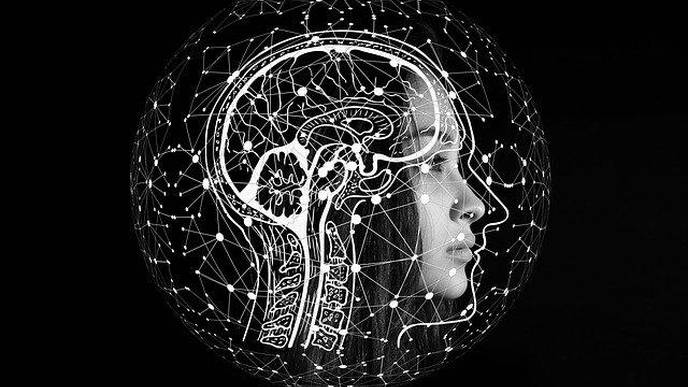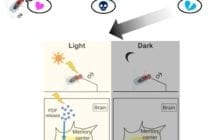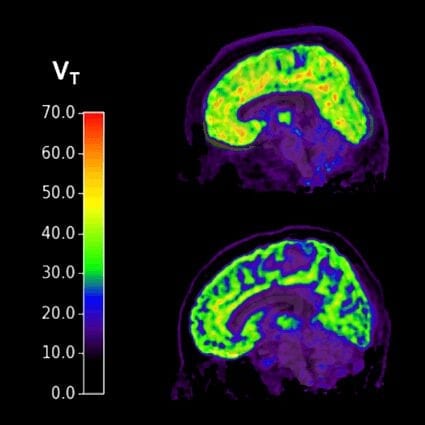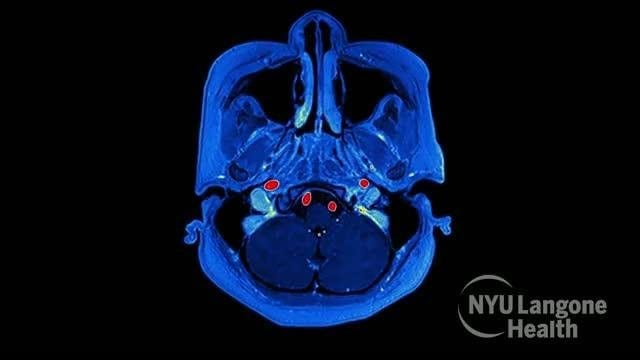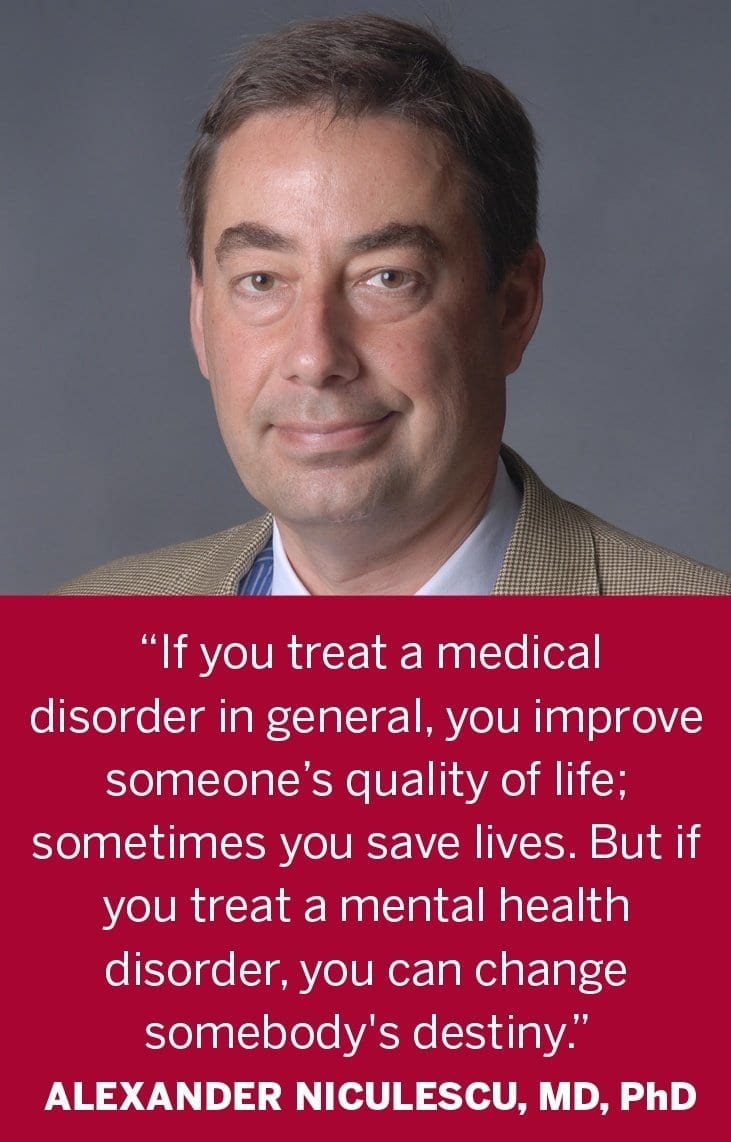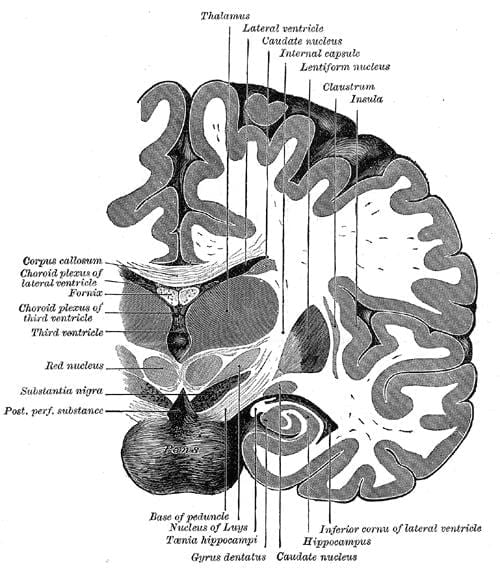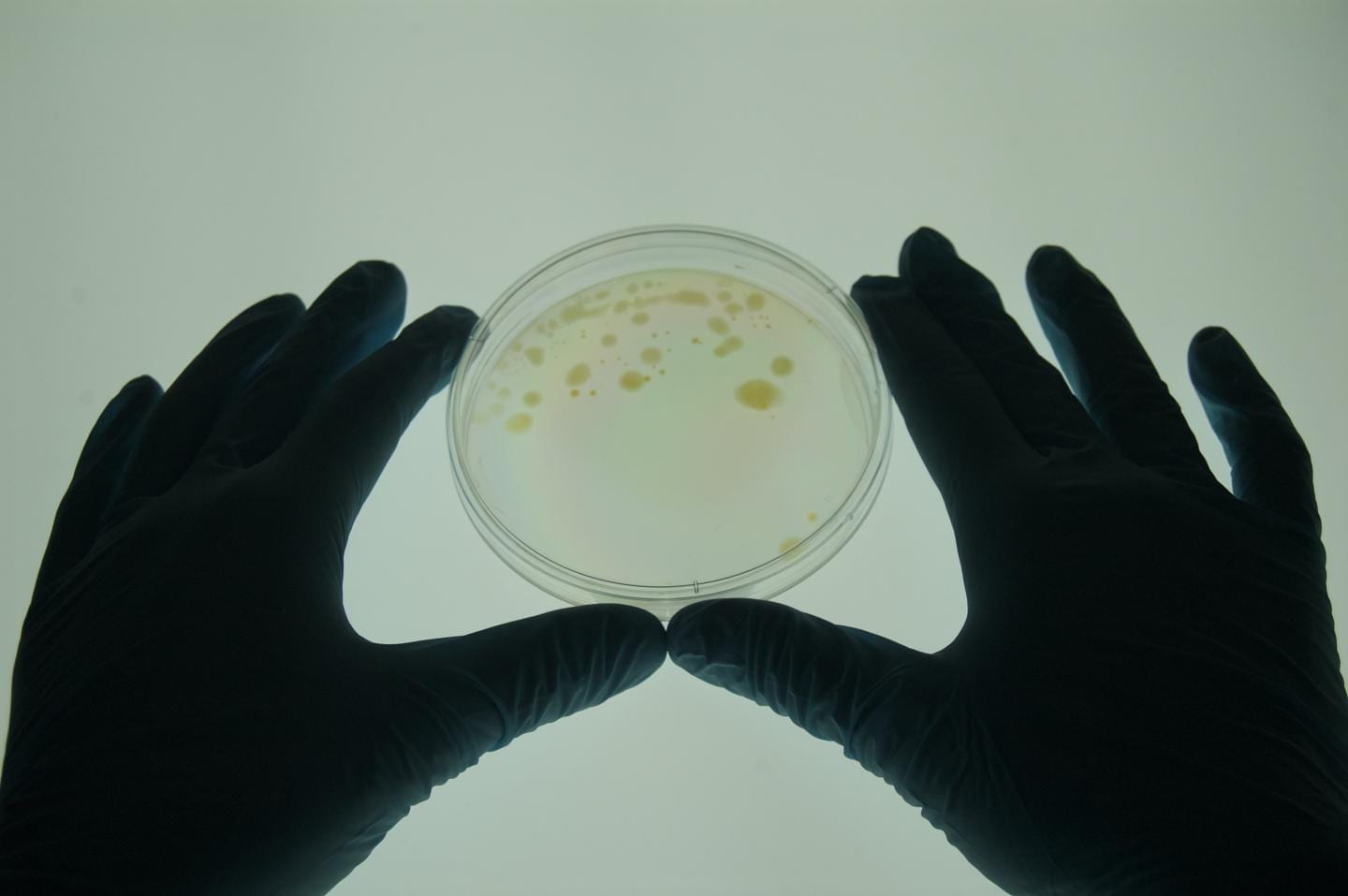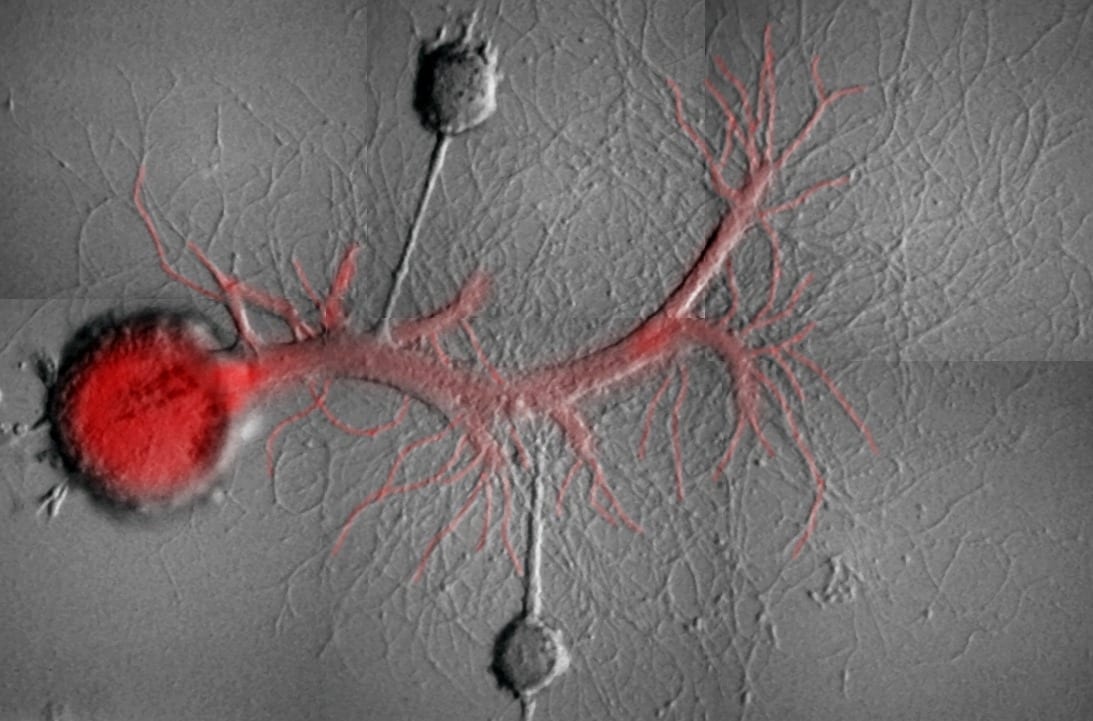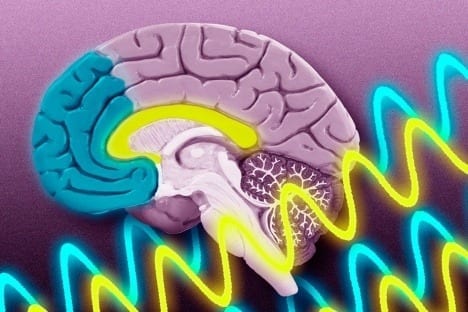The risk of suicide among individuals with post-traumatic stress disorder (PTSD) is much higher than the general population, but identifying those individuals at greatest risk has been diffi... Read more
Study tests potential telemedicine approach A specially designed computer program can help diagnose post-traumatic stress disorder (PTSD) in veterans by analyzing their voices, a new study f... Read more
A cutting-edge blood test discovered by Indiana University School of Medicine researchers could help more accurately diagnose military veterans and other people experiencing post-traumatic s... Read more
Neuroscientists at EPFL have located the cells that help reprogram long-lasting memories of traumatic experiences towards safety, a first in neuroscience. The study is published in Science.... Read more
Immunization with beneficial bacteria makes brain more stress resilient, study shows Immunization with beneficial bacteria can have long-lasting anti-inflammatory effects on the brain, makin... Read more
A noninvasive brainwave mirroring technology significantly reduced symptoms of post-traumatic stress in military personnel in a pilot study conducted at Wake Forest Baptist Medical Center. T... Read more
Soldiers are more likely to open up about post-traumatic stress when interviewed by a virtual interviewer than by taking a survey, finds a study published today in open-access journal Fronti... Read more
Children and adolescents with posttraumatic stress syndrome (PTSD) can be successfully treated with only a few hours of EMDR or cognitive behavioral writing therapy (CBWT). This is the findi... Read more
New study of snail neurons suggests memories that trigger anxiety, PTSD could be ‘erased’ without affecting normal memory of past events Different types of memories stored in the same neuron... Read more
A closed-loop acoustic stimulation brainwave technology significantly reduced symptoms in people suffering from post-traumatic stress in a small pilot study conducted at Wake Forest Baptist... Read more



